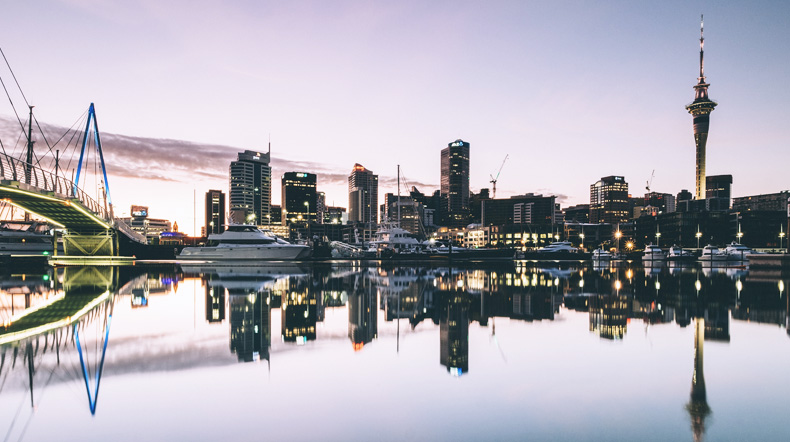Landmark report predicts huge economic benefits from circular economy
A landmark report, supported by 3R Group, has predicted an increase in economic activity for Auckland of up to $8.8 billion should the city move to a low carbon, circular economy.
However, as 3R Chief Executive Adele Rose points out it is not only the nation’s most populous city which can benefit from a shift to the circular economy, but the regions too.
The Circular Economy Opportunity for Auckland report, produced by the Sustainable Business Network (SBN) in partnership with Auckland Tourism Events and Economic Development (ATEED), is the first of its kind in New Zealand. It looked at what economic benefits a move to a circular economy by 2030 would bring Auckland.
Resource recovery experts 3R supported the report along with Fuji Xerox New Zealand, Inzide Commercial, Junk Run, and the Ministry for the Environment. 3R is also a Foundation Partner of the SBN-created Circular Economy Accelerator.
“The compelling reason for 3R to be part of New Zealand’s only Circular Economy Accelerator is that we can take what we have learnt mapping out Auckland’s circular economy opportunity to the regions where the prize, we believe, can be even greater.”
– 3R Group Chief Executive Adele Rose.”
The circular economy is a radical break from the current ‘take, make, waste’ linear economy. Instead of taking resources, making products and then discarding them, the circular economy maximises the lifecycles of materials, optimises their use and then reutilises them at the end of their life.
The report’s economic analysis was carried out by Sapere Research Group, and focussed on food, transport and the built environment. The report states these sectors tend to include high waste, high cost and heavily polluting activities in the current linear economy model. It also says the carbon reduction opportunity across them, should they move to a circular economy, is identified as 2700 ktCO2e in 2030.
It concludes that applying circular economy thinking to Auckland will install environmental and economic resilience into the city, as well as trigger a new era of business innovation. At the same time, it will radically reduce the costs of our economic activity and the material inputs it requires.
The report was inspired by similar reports for London and Glasgow. These are now forming the basis for policy setting and business innovation across the world.
“It is critical there is support for a change to a circular economy from businesses with regional connections and viewpoints. In order to realise the full impacts and benefits of the circular economy there must be buy-in from across the country,” Adele says.
To read the full report visit the Circular Economy Accelerator website www.circulareconomy.org.nz







